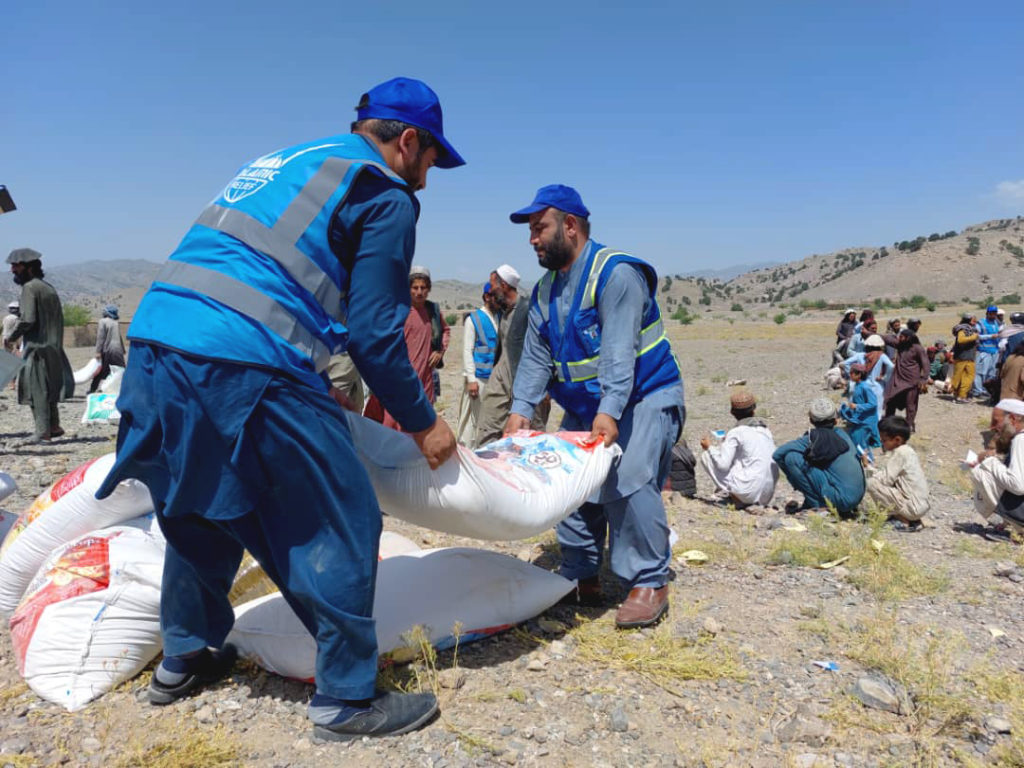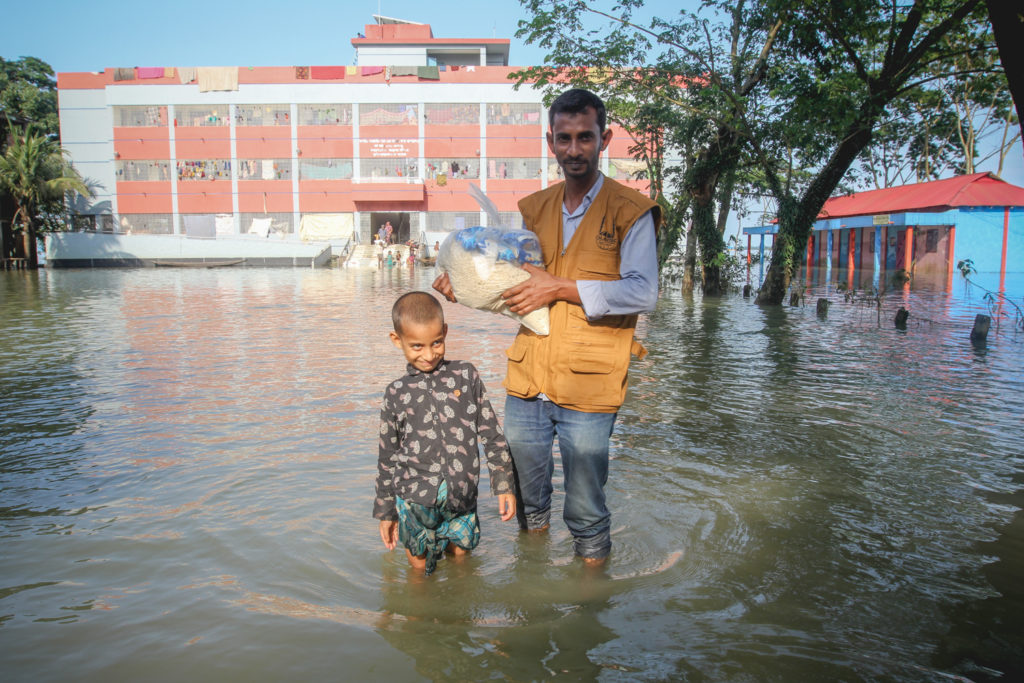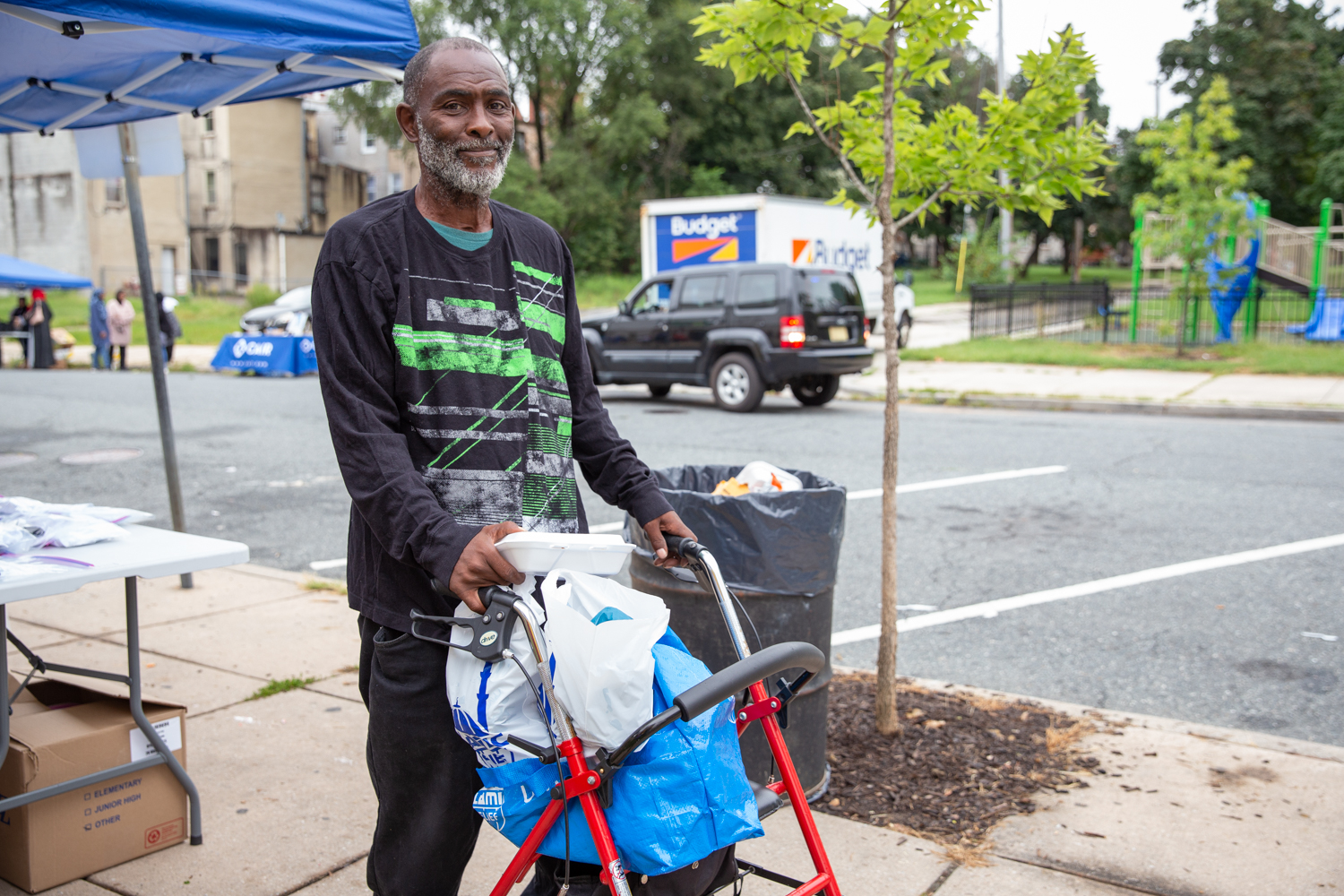Islamic Relief in Asia – Our Commitment to Providing Relief to those in Need for Almost 30 Years
By Yusuf Azimi
Since 1993, Islamic Relief has been working in Asia, committed to providing emergency relief and integrated programming to those in need. During this time, the region has experienced numerous floodings, landslides, droughts, earthquakes and recurrent disease outbreaks, as well as conflict and economic related disasters.
Throughout that time, we’ve established a base in several countries throughout Asia, including Afghanistan, Bangladesh, Indonesia, Myanmar, Nepal, Pakistan, Philippines, and Sri Lanka. Building teams on the ground capable of providing effective and efficient support rapidly, whenever a crisis arises.
As we look towards our 30th year of working in Asia, we recognize that although considerable progress has been made, there are still significant obstacles to overcome. Some challenges have been recurring during this time, and some new challenges have come up. One that has become particularly prevalent, and continues to worsen, is the threat of a climate crisis.

Flooding in Bangladesh
Nowhere is this more relevant right now than in Bangladesh, which was recently struck with the worst flooding in more than a century. The disastrous flooding in the north east of the country, a direct result of the climate crisis, has killed dozens and left more than 4.3 million people displaced.
The devastation caused over 400,000 people to be evacuated to emergency shelters and left widespread damage in its wake. Ongoing issues surrounding food security, access to clean water and sanitation have only been exacerbated by this disaster, with millions in desperate need of emergency relief.
The ongoing damage once the waters subside is underlined by the reports from the Department of Public Health that over 100,000 water points have been washed away. This not only denies so many from access to clean water, but also leaves them vulnerable to waterborne diseases which have already started to spread in the region. Reports from the Sylhet division showed that, as of July 5, over 8000 cases of waterborne diseases had been recorded, and 57 deaths.
Research from the Institute of Water and Flood Management (IWFM) at the Bangladesh University of Engineering and Technology (BUET) indicates that the rains are becoming much more unpredictable and rivers are rising above dangerous levels much more frequently than ever before. With the climate crisis set to increase global temperatures further, and the effects of deforestation and mining playing an increasing role, indications are that the flooding in Bangladesh will worsen in the coming years.

Earthquake Strikes Afghanistan
In Afghanistan, the deadliest earthquake in over 20 years struck the country in late June, leaving over 1000 people dead and over 6,000 people injured. The earthquake, which took place in the eastern region of the country, left widespread devastation in its wake. With crucial services such as water supplies, healthcare facilities and schools being destroyed, this hard to reach part of Afghanistan faces a struggle to rebuild.
This disaster comes at a time when Afghanistan is already facing numerous humanitarian crises. An economic crisis has left millions facing poverty, and created a situation that the UN described as “a food insecurity and malnutrition crisis of unparalleled proportions.” With almost 20 million people going hungry, the race is on to provide relief to those affected.
Islamic Relief’s Response
In June, Islamic Relief launched our responses to both these emergencies, providing long-term support to those affected. In Afghanistan, we are responding in the Barmal district, which is one of the worst-affected areas and has received little aid so far. Access to the area has been extremely challenging due to the remote, mountainous location and heavy rains. The Islamic Relief team has delivered vital food supplies to over 900 families and our development response plan is in place and priority needs have been identified as emergency shelter, livelihoods, protection and provision of essential water, sanitation and hygiene services.
In Bangladesh, our emergency rescue operations began in both the Sylhet and Sunamganj districts and so far:
○ 500 households (2,500 individuals) have been rescued by boat.
○ 2,216 households have received a multi-purpose cash grant.
○ 2,216 households have received hygiene kits.
○ 1,516 households have received orientation on hygiene promotion and safeguarding.
○ 168 households have received an emergency food package.
We also have further development responses planned to take place in the region to assist those affected by the flooding.
Islamic Relief’s Commitment
In almost 30 years of operations in Asia, Islamic Relief has responded to countless crises and disasters and built a base of operations that has stemmed from resilience, growth and development. We strive to provide responses that are both effective and adaptive to each crisis as it unfolds, with are areas of focus including:
- Access to clean and safe water, education, healthcare
- Food aid
- Orphan family support
- Sustainable livelihood
- Women economic empowerment
- Shelter for forcibly displaced refugees
- Disaster response including floods, drought, cyclones, earthquakes, and Covid-19
- Winter aid
Through donations to IRUSA’s Asia fund, we can provide the relief and development needed in countries across Asia including food aid, clean water, and financial aid for those who need it most.
● $75 can deliver food aid to a family suffering from hunger
● $225 can deliver urgent emergency aid to families affected by emergencies
● $500 can build education and training programs for vulnerable community members
Our commitment to serving those in need across the continent is underlined by our continued transparency in ensuring that any and all donations that we receive are directed to the right channels so that they can benefit those who need it the most. After all, you need to be able to trust us, because we’re working together to build a better world.



